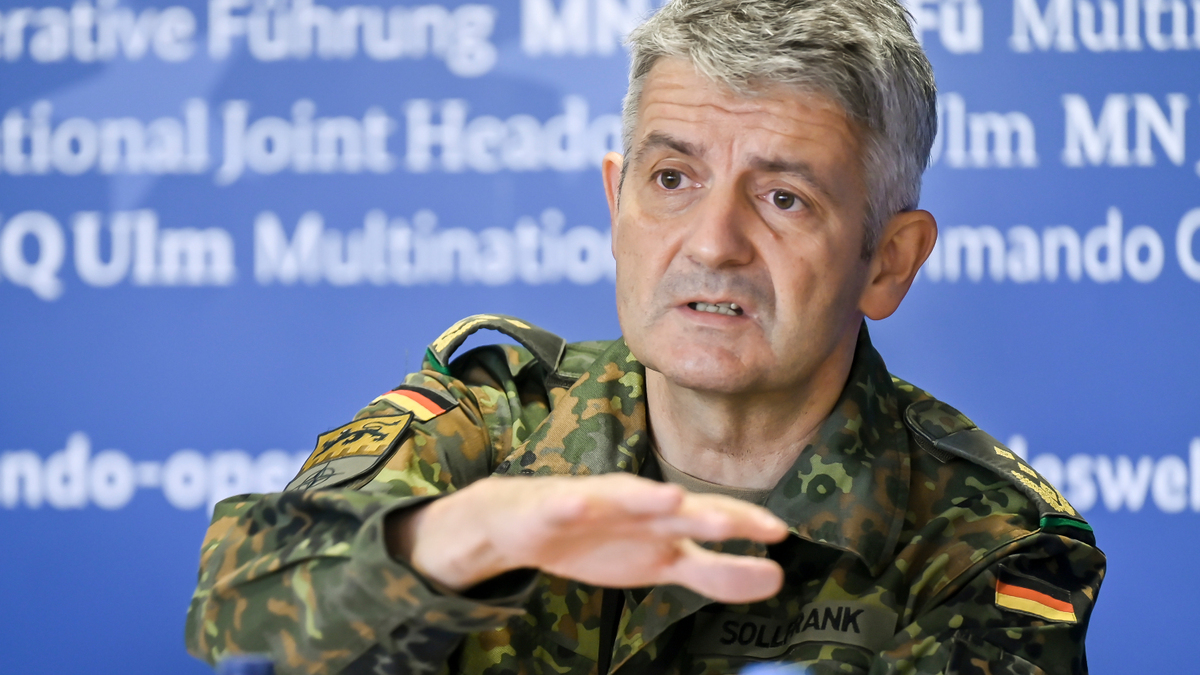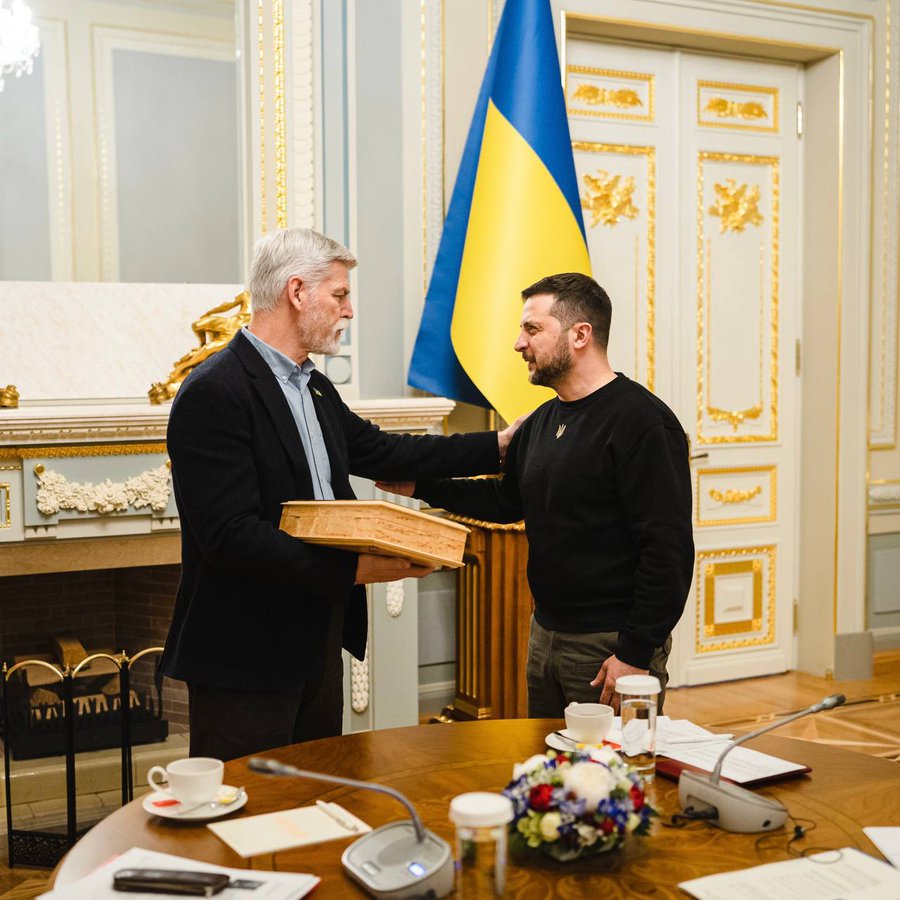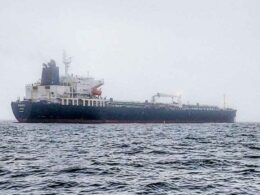"We are running out of time. What we don't get done in peacetime won't be ready in case of crisis or war," Lieutenant General Alexander Sollfrank, head of NATO's Joint Support Enabling Command (JSEC), told Reuters.JSEC, situated in Ulm, Germany and established in 2021, is tasked with orchestrating rapid continent-wide troop movements and logistics, such as munitions stockpiling—a response to the realization post-Russia's 2014 Ukraine invasion that the prospect of war in Europe is a tangible reality. However, the mission of JSEC to deploy a 20,000-strong force with supplies across NATO's extensive eastern border has become more challenging compared to the Cold War, when confrontations were primarily on German soil.
"The expanse of space, the fact that not all forces are forward-based – all this means the alliance has to be quick in moving troops from bases to the right flank spot," Sollfrank detailed.Complicating matters are the diverse national regulations ranging from advance notifications for shipping ammunition to restrictions on military convoy lengths and disease controls. "We have a surplus of regulations, but the one thing we don't have is time," NATO's top commander Admiral Rob Bauer cautioned, referring to Russia's current operations in Ukraine as a "war of attrition – and a war of attrition is a battle of logistics." To counteract these impediments, Sollfrank has called for the creation of a "military Schengen" zone that would allow for unimpeded border crossings, critical to maintaining material superiority and preventing Moscow from misjudging Western capabilities.
"We have to prepare the theatre well before Article 5 has been invoked," he emphasized, alluding to NATO’s collective defense clause.The concept of a "military Schengen" was initially proposed in 2017 by General Ben Hodges, the former commander of US Army Europe.
“More than anything we need a military Schengen zone, something that would allow a military convoy to move across Europe as fast as a migrant is able to move across Europe,” Hodges stated.Hodges clarified that a military Schengen zone would grant political leaders much more flexibility, allowing them to, for instance, rapidly deploy an armored brigade on "very short notice" to deter an aggressor. In 2018, the European Commission outlined a plan to execute the "military Schengen" concept, including countries like Latvia, Lithuania, Estonia, Belgium, Germany, the Netherlands, Poland, and Finland. The plan indicated that military convoys could traverse without border checks within this zone. It also urged EU states to inspect and promptly modernize infrastructure crucial for the swift transfer of NATO forces and equipment. In October 2023, Chairman of the NATO Military Committee, Admiral Robert Bauer, called on NATO member states to stop protecting national arms manufacturers and ramp up ammo production to strengthen the Alliance’s security. Earlier in October, Bloomberg reported that Türkiye, Romania, and Bulgaria are considering creating a joint force to clear any mines drifting into their waters from Russia’s war in Ukraine. Read also:
- UK intel: Russia’s Black Sea Fleet missile ops face logistics hurdles
- SBU unveils new details of marine drone attack on Crimean Bridge
- Texty: Russia made over $ 5 bn on stolen harvest in occupied Ukraine
- What’s behind Hungary’s “ultimatum” to block Ukraine’s EU accession?





